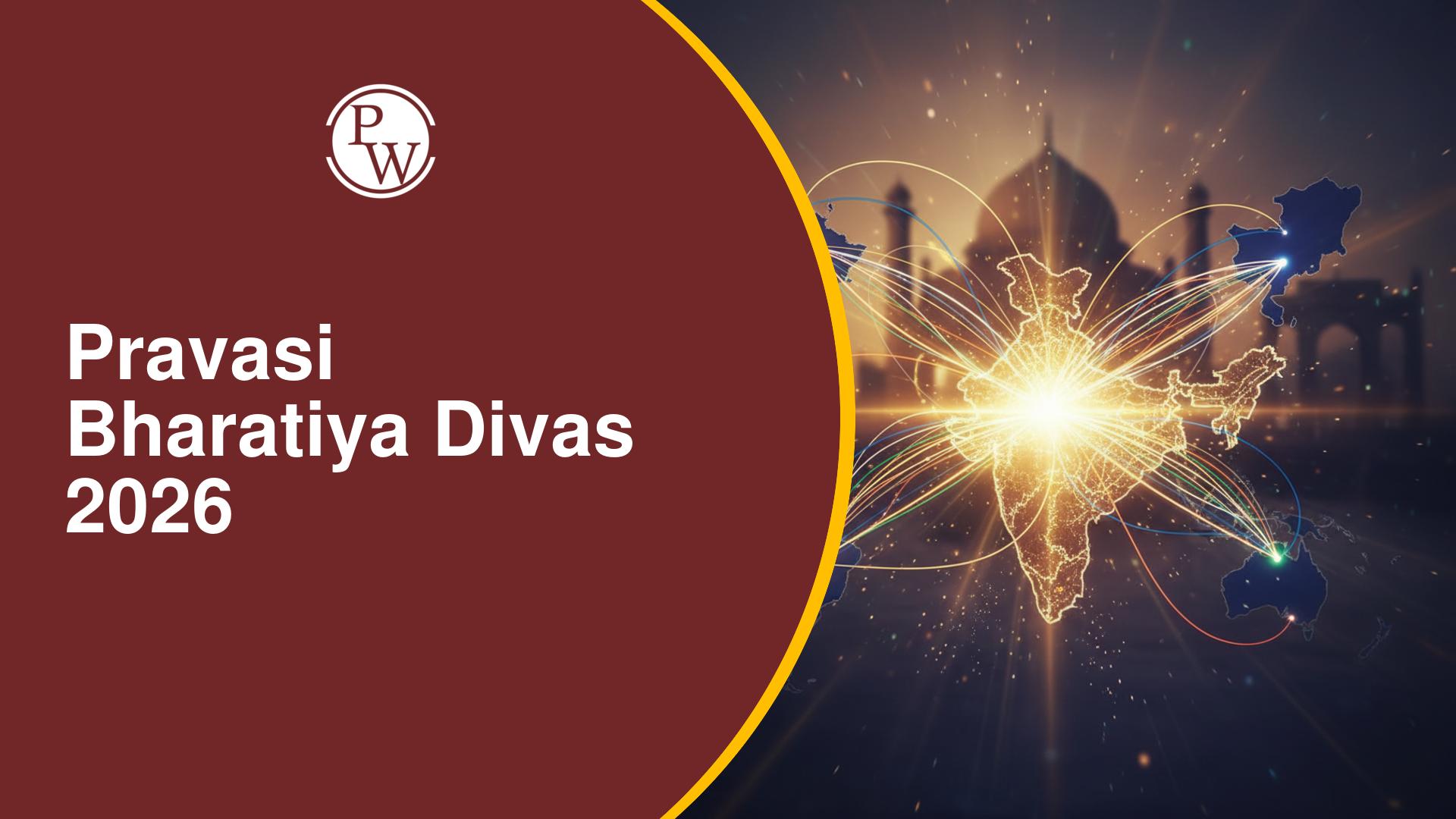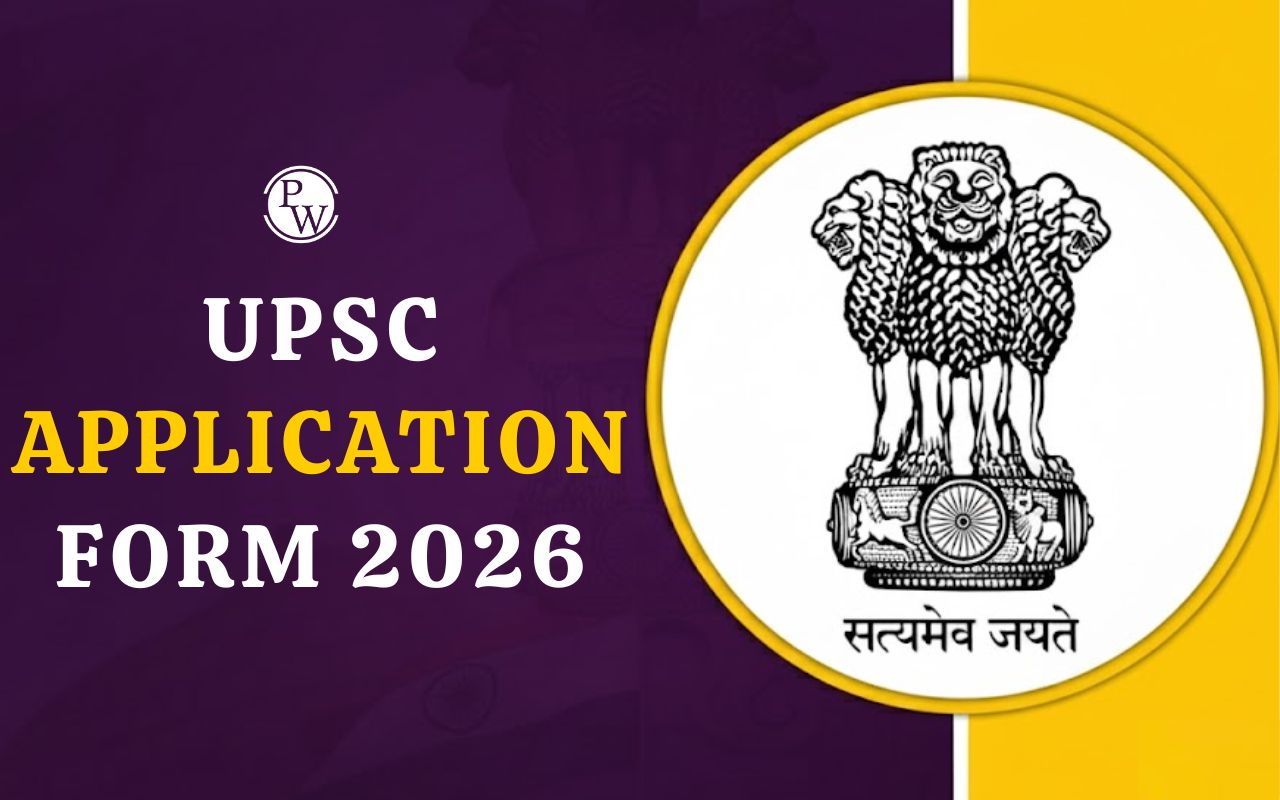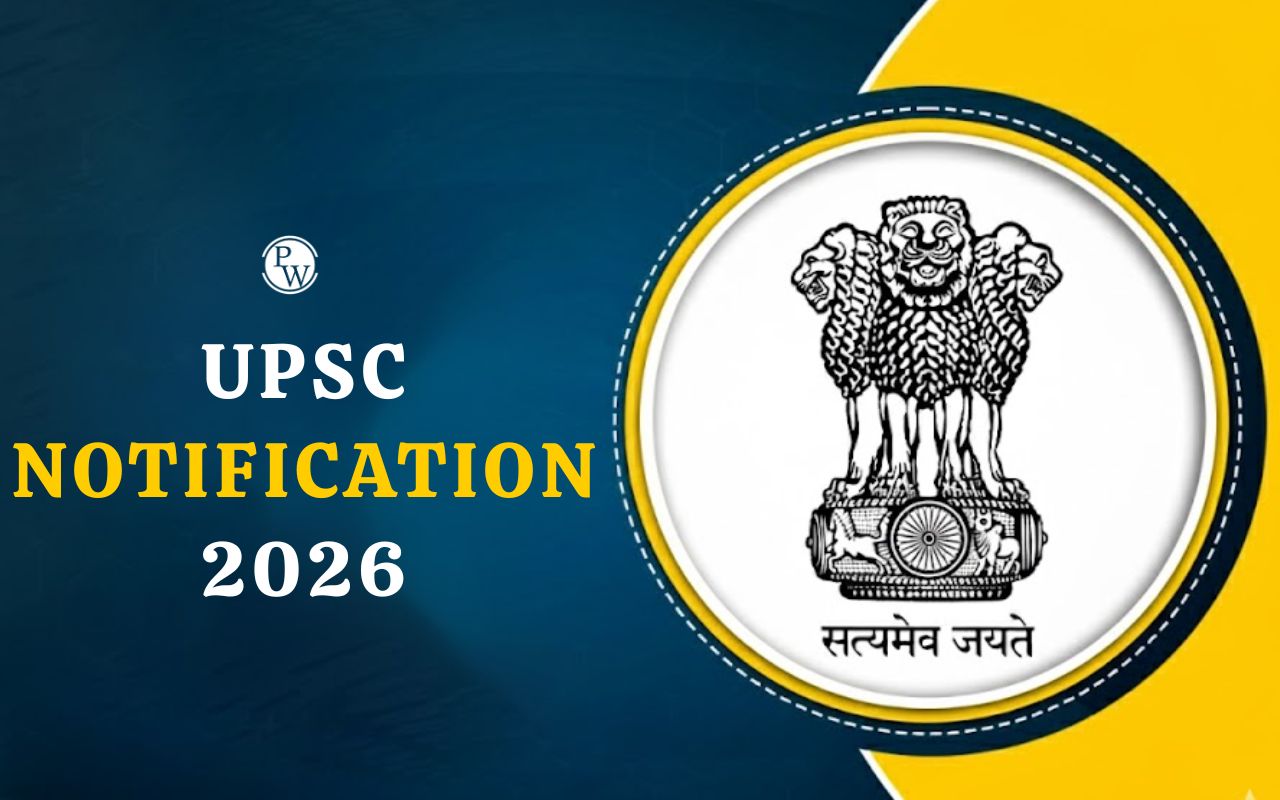
Polity Important Topics for UPSC Prelims 2024: The Indian Polity section is a cornerstone of the UPSC Prelims examination, embodying a broad spectrum of constitutional laws, governance systems, rights, and duties that are pivotal to the administrative framework of India. If you are also preparing for Polity and looking for Polity important topics for Prelims 2024, then this guide can help you. Along with a chapter-wise breakdown, we also delve into the UPSC polity important topic for prelims 2024 trends over the past decade and offer strategic tips for effective preparation.
Introduction Polity Important Topic for UPSC Prelims 2024
Indian Polity extends beyond mere bookish knowledge; it encapsulates the evolving nature of India's constitution, the functioning of its democratic institutions, and the interplay between various organs of the government. Understanding these dynamics is crucial for not only clearing the UPSC Prelims but also for future governance roles that successful candidates might assume.What is Polity?
Polity refers to the form or process of civil government or constitution. It is a comprehensive term that encapsulates how a state or society is politically organized. In the context of the UPSC Civil Services Exam (CSE), studying Polity involves a deep dive into the administrative, legislative, and judicial branches of the government. It covers the roles, powers, and functions of various constitutional authorities and institutions that are pivotal to India’s governance.Detailed Chapter-wise Breakdown and Analysis
Below is the detailed chapter-wise breakdown for the UPSC Polity important topics for prelims 2024 organized into a table format for clearer visualization:| Chapter | Topics Included |
| 1. Preamble and Constitutional Framework |
|
| 2. Union and Its Territory |
|
| 3. Citizenship |
|
| 4. Fundamental Rights |
|
| 5. Fundamental Duties |
|
| 6. Directive Principles of State Policy |
|
| 7. Union Government |
|
| 8. Parliament |
|
| 9. Judiciary |
|
| 10. State Government |
|
| 11. Administration of Special Areas |
|
| 12. Emergency Provisions |
|
| 13. Panchayati Raj and Municipalities |
|
| 14. Constitutional Bodies |
|
UPSC CSE (IAS) Prelims: Polity Previous Year Analysis
UPSC aspirants must understand the weightage of the Polity section in the Prelims examination to strategize their preparation effectively. Historically, the Polity and Governance segment has contributed about 12% to 14% of the total marks in the UPSC CSE Prelims. Below is a year-wise breakdown of Polity's weightage in the exam over recent years:| Year | Polity & Governance Weightage |
| 2015 | 11 |
| 2016 | 6 |
| 2017 | 22 |
| 2018 | 11 |
| 2019 | 13 |
| 2020 | 18 |
| 2021 | 16 |
| 2022 | 12 |
How to Prepare Polity Syllabus for UPSC Prelims?
Preparing for the Polity syllabus in UPSC Prelims demands a structured approach and an understanding of the Constitution in both theoretical and practical aspects. Here are some steps to guide your preparation:- Understand the Constitution: Start with the basics of the Indian Constitution, its features, amendments, and significant articles that govern the country's polity.
-
Refer to Standard Textbooks:
Essential books for Polity include:
- M. Laxmikanth’s “Indian Polity” - This book is a staple for any UPSC aspirant due to its comprehensive coverage of the Indian political framework.
- NCERT Books from classes IX to XII - These provide a foundational understanding necessary before tackling more complex material.
- Follow Current Affairs: Many questions are framed around recent changes and developments in the polity. Regularly reading newspapers and following reliable news sources will keep you updated.
- Previous Year Question Papers: Analyzing previous year questions gives insight into the types of questions asked and the areas emphasized in the exams.
- Make Notes: Condensing the information into concise notes helps in quick revision and retaining important points.
- Join Mock Tests and Test Series: Regularly testing oneself with mock exams and test series can help gauge preparation levels and identify weak areas.
- Discussion and Debate: Engaging in discussions with peers or mentors can provide new insights and aid in better understanding complex topics.
Polity Important Topics for UPSC Prelims 2024 FAQs
What is the best source to study Indian Polity for UPSC Prelims?
The most recommended book is "Indian Polity" by M. Laxmikanth, along with NCERT books from classes IX to XII for a foundational understanding.
How many questions typically come from the Polity section in UPSC Prelims?
Historically, the Polity section comprises about 12% to 14% of the total questions, which translates roughly to 12-18 questions out of 100.
How important are current affairs in the Polity preparation?
Very important. Many questions are based on recent legislative changes and major Supreme Court judgments, making regular updates from newspapers and magazines essential.
What is the significance of the Constitution in UPSC Polity preparation?
The Constitution is the cornerstone of the Indian political system, and a thorough understanding of its provisions, amendments, and interpretations is crucial for answering Polity questions effectively.
Are previous year's question papers useful for Polity preparation?
Yes, they are invaluable. Analyzing previous year's question papers helps identify important topics and understand the pattern and difficulty level of the questions.
Talk to a counsellorHave doubts? Our support team will be happy to assist you!

Check out these Related Articles
Free Learning Resources
PW Books
Notes (Class 10-12)
PW Study Materials
Notes (Class 6-9)
Ncert Solutions
Govt Exams
Class 6th to 12th Online Courses
Govt Job Exams Courses
UPSC Coaching
Defence Exam Coaching
Gate Exam Coaching
Other Exams
Know about Physics Wallah
Physics Wallah is an Indian edtech platform that provides accessible & comprehensive learning experiences to students from Class 6th to postgraduate level. We also provide extensive NCERT solutions, sample paper, NEET, JEE Mains, BITSAT previous year papers & more such resources to students. Physics Wallah also caters to over 3.5 million registered students and over 78 lakh+ Youtube subscribers with 4.8 rating on its app.
We Stand Out because
We provide students with intensive courses with India’s qualified & experienced faculties & mentors. PW strives to make the learning experience comprehensive and accessible for students of all sections of society. We believe in empowering every single student who couldn't dream of a good career in engineering and medical field earlier.
Our Key Focus Areas
Physics Wallah's main focus is to make the learning experience as economical as possible for all students. With our affordable courses like Lakshya, Udaan and Arjuna and many others, we have been able to provide a platform for lakhs of aspirants. From providing Chemistry, Maths, Physics formula to giving e-books of eminent authors like RD Sharma, RS Aggarwal and Lakhmir Singh, PW focuses on every single student's need for preparation.
What Makes Us Different
Physics Wallah strives to develop a comprehensive pedagogical structure for students, where they get a state-of-the-art learning experience with study material and resources. Apart from catering students preparing for JEE Mains and NEET, PW also provides study material for each state board like Uttar Pradesh, Bihar, and others
Copyright © 2025 Physicswallah Limited All rights reserved.
Get App




